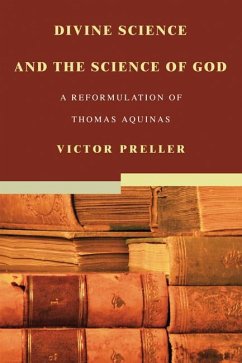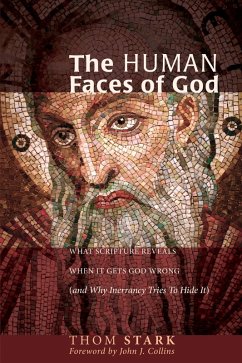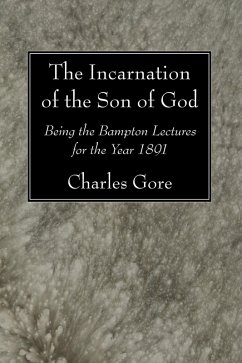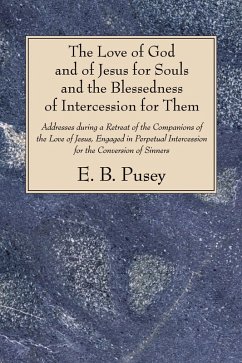
Divine Science and the Science of God (eBook, PDF)
A Reformulation of Thomas Aquinas

PAYBACK Punkte
8 °P sammeln!
In this book, Victor Preller examines the logical status of religious language in the light of recent developments in American analytic philosophy. The problem inherent in religious language is presented in terms of the referential status of the word God. The author argues that the significance of any referential term is dependent upon the ability of that term to play a significant role 'within' a unified conceptual system. The problem is shown to transcend the epistemological dogmas of Positivism and Conceptual Empiricism and to be inherent in any intelligible epistemology, including that of ...
In this book, Victor Preller examines the logical status of religious language in the light of recent developments in American analytic philosophy. The problem inherent in religious language is presented in terms of the referential status of the word God. The author argues that the significance of any referential term is dependent upon the ability of that term to play a significant role 'within' a unified conceptual system. The problem is shown to transcend the epistemological dogmas of Positivism and Conceptual Empiricism and to be inherent in any intelligible epistemology, including that of Thomas Aquinas, whose theological treatises serve as a model of religious language for the thesis of this book. According to Professor Preller, Divine Science (Aquinas' term for what we now call Natural Theology) results from a reflection upon the limitations encountered by the intellect in its attempt to render intelligible the objects of human experience. In the Science of God (Aquinas' term for that mode of knowing engendered by faith), the unknown meta-empirical referent of Divine Science becomes the object of the human intellect. While this study develops out of the discussions inaugurated by Flew and McIntyre in 'New Essays in Philosophical Theology', it rejects the excessively empirical approach of most other studies in that tradition. It applies post-positivistic analysis to specifically Catholic theological language, but it obviously applies to the theological language involved in any form of theism.
Dieser Download kann aus rechtlichen Gründen nur mit Rechnungsadresse in A, D ausgeliefert werden.













